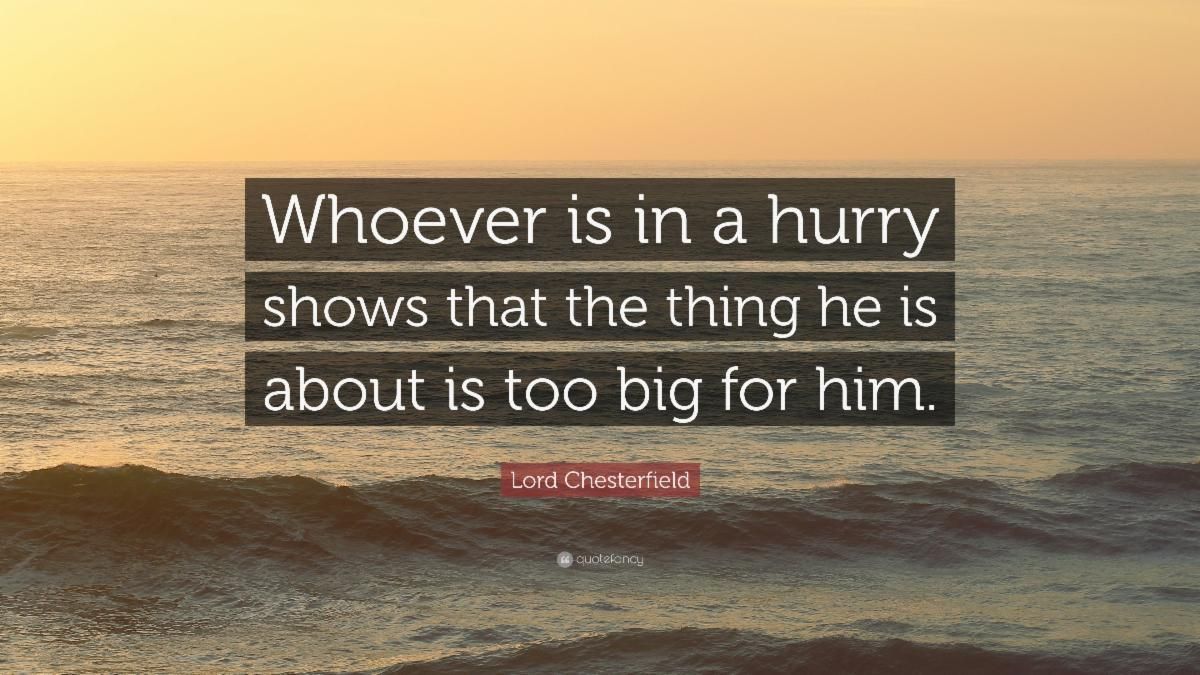
January 20, 2022
Why Most Feedback Doesn’t Work
When people receive feedback, it is often too vague to be actionable. I’ve had executives tell me that they got feedback that they need to “communicate better,” or “find more creative solutions” and so forth, without much else to go on. How can such broad statements provide direction for improvement? These comments are open to a myriad of interpretations, leading many to miss the mark.
The same rings true with positive feedback. Telling someone they did a great job or their work on a presentation was terrific might make them feel good, but it doesn’t identify what exactly they did well. This is especially important if you want to reinforce behaviors (so they can keep doing that).
To increase your effectiveness and the likelihood that people will listen to you, focus on precision. Meaningful feedback is usually behavioral and specific.
Here’s an example:
Weak feedback - You need to be a more effective communicator.
Better options
- You should introduce the two main ideas upfront before getting into the details.
- You need to invite others to provide their opinions and avoid cutting people off when they are talking.
- Your emails ought to be more concise by requesting the action first and keeping them to 100-125 words when possible.
- You need to avoid too much jargon when explaining our value to prospects and instead use plain language.
You can see that each of the statements touch on a different aspect of communication. Without clarifying which one(s) the individual needs to work on, how can they take action? It is your responsibility as a leader to provide them with the appropriate level of detailed feedback, and improvement will happen accordingly.
What About Your Executive Team Sales Kickoff
This time of year is busy with SKOs. That’s Sales Kickoffs for those of you who don’t know (I didn’t know this acronym until a couple of years ago and I’ve led many of these meetings). It’s great to get the Sales Organization pointed in the right direction, but what about the Executive Team?
As I discuss in my recent Harvard Business Review article, Is Your Sales Team Struggling to Sell Solutions?, the success of your sales team has more to do with leadership than sales. And most Executive Teams are too disconnected from the Sales Organization to strategically influence the company’s revenue stream.
Interestingly, I’ve heard from numerous people who read the article, loved it, and then wanted to talk about sales training. So often, it is our instinct to turn to sales training as the solution. While there is a place for sales training, the point I want to drive home is that revenue growth and consultative selling success are, at the root, a leadership issue. So the question to consider is what are you doing for your executives?
If you want your sales team to sell solutions, ask yourself the following:
- How do we as executives shift to create an environment that supports the sales team in selling solutions?
- Are we doing anything to change our management practices?
- Are we aligning the sales function to our strategy?
Resist the urge to see sales training as the best and immediate solution. Look first to address the root cause - leadership.
Read more about this here in the article Is Your Sales Team Struggling to Sell Solutions?
How Long Do You Say Happy New Year?
It’s past mid-January and I still hear people saying Happy New Year. So, I hesitate to write this at the risk of sounding like Andy Rooney or worse, because I always appreciate a kind greeting. And every year I have this entertaining conversation with a couple of colleagues about how long we say this. Would you ever wish someone a Happy Valentine’s Day in early March? What about Happy Thanksgiving in Mid-December? Happy 4th of July on any other day but the 4th of July?
Some say “I say it the first time I see or talk with someone (email too) after New Years.” But what if that’s not until January 25th? Or sometime in February or March? I have no problem with extending the joyful afterglow of the holiday, but find myself curious about what is the right amount of time to say Happy New Year!?
Current Read
Confidence is a skill you can learn and improve… it’s not innate.
I recently came across this concept in a Forbes article and was struck by how much it resonated with me. Understanding this idea empowers you to attend to your confidence like any other skill, instead of assuming it cannot be developed or improved.
The article suggests that confidence is not a constant, our feeling of confidence can ebb and flow. Furthermore, we can be confident and nervous or afraid simultaneously. Confidence is about acknowledging your fears and concerns and deciding to take action anyway.
Read more fallacies about confidence in the article 5 Myths About Confidence That Are Making You More Insecure.
Quotable

Subscribe to Edinger's Insights Newsletter
Edinger’s Insights is packed with strategies and ideas to lead business growth.*
*Scott will never share your contact information
EdingerInsights_SignUp
Thank you for subscribing.
Please try again later.


